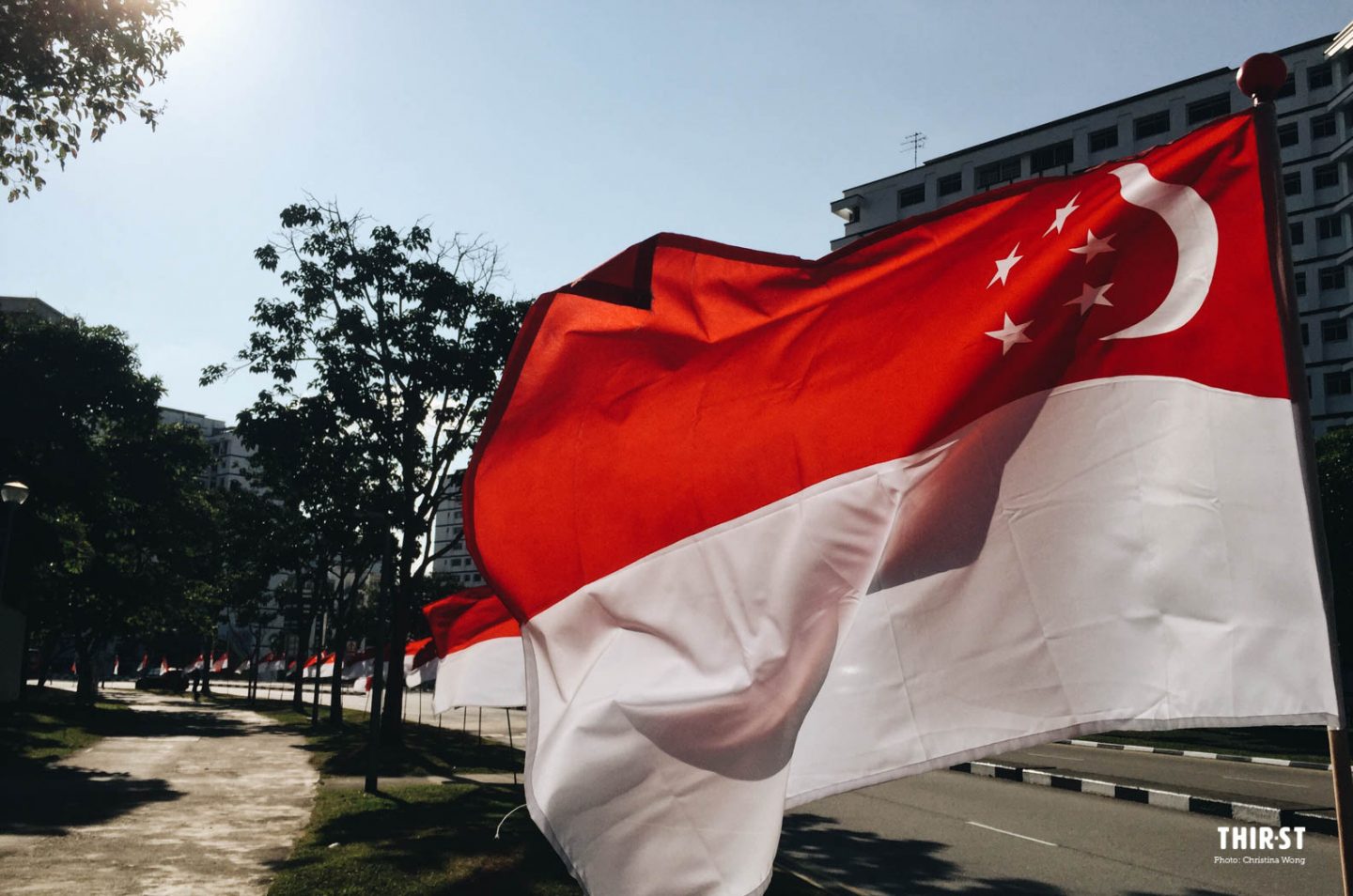What does home mean to you?
It’s a question I’ve often asked myself. I was born in Singapore, but my family moved overseas when I was 5, so I spent many of my growing years abroad, where home at various times took the form of a taste, a familiar smell or a brand new place.
I didn’t have a singular place or idea of home — and even if there was one, Singapore definitely wasn’t it.
So you can imagine my rancour when my father moved our family back to Singapore in 2007. As I look back, however, I can see God moving in those painful years – helping me exchange my old ways of thinking for a higher mindset.

Having to return “home” to Singapore helped me realise that accepting a place as home requires a posture of investment.
My sister and I found that the first few years of being back in Singapore were extremely difficult, for so many reasons. One big factor that was in our control, but which we failed to appreciate at the start, was that we simply weren’t looking to invest into Singapore as a place and people of our own.
Having been exposed to a plethora of cultures and perspectives in our international community, we initially wrote Singapore off as small and lame. As far as we were concerned, Singapore was a semester break and an obligation — not a home to build.
I didn’t have a singular place or idea of home — and even if there was one, Singapore definitely wasn’t it.
It took a lot of heart work before I was able to even begin to invest into the lives of those around me in Singapore. I faced regular disappointment and discouragement in my attempts to open up or to get to know the born-and-bred Singaporeans.
I had to deal with assumptions: “Huh, but you stayed in China for 8 years. Your Chinese should be better than ours what?” Or disbelief and cynicism at my thought process: “What? Who even thinks that way?”
I consistently received a mixed message from others. They somehow knew me so well they felt they could confidently assume this or that about my identity. But at the same time, my thinking and my way of doing things were so foreign that they couldn’t possibly comprehend my side of things.
The irony was biting, and for a long time I was bitter with my “fellow” Singaporeans for failing to understand me. The last thing on my mind was investing myself into this place or its people.
Which left me with two choices:
1. I could give up and stonewall every Singaporean who crossed paths with me, and think “this one’s just another over-assuming, narrow-minded Singaporean”.
2. I could continue trying — putting myself into social situations where I would be readily identified as strange or not-really Singaporean, and keep working at integrating.
I often struggled to choose the second option, but by God’s grace, I persevered. Looking back, it was my church and cell group which really helped me to plug in. With them, though I was still the not-so-Singaporean Singaporean, I could still lay claim to one undeniable commonality:
I’m a Christian, you’re a Christian, I love God, you love God. We’re not that different, are we?
Honestly, there were some days where the awkwardness between my cell members and I was so palpable. We were just so different — at times it really felt that this professed love for God was the last and only thread which bound us together.
All I could do was just cling to this thread and pray unceasingly to God.
That the larger Singaporean society was far from welcoming — this was grudgingly acceptable in some sense. What pained me was that my God-fearing family could not, and would not, understand me.
Frustrated, I would often retreat to cry to God — plonking my tear-stained face into His embrace.
In time, He revealed the basis of my frustration and pain to me: Deep inside, there was a vast need to be understood and loved. I was hungering for identity.
I’d go as far to say I wanted to be completely understood and completely loved.
As He embraced me, I discovered the One who knows and loves me fully. Our Lord God knows us fully — down to the very hair (Luke 12:7). And He loves us fully too — nothing can separate us from the love of God (Romans 8:38-39).
Deep inside, there was a vast need to be understood and loved. I was hungering for identity.
When my spirit felt close to death, the Word of God came to life. It has continued to be life to me on my path of being Singaporean — indeed for living on earth. I realised that if God fully knows and loves me, I don’t need to feel downcast or pressured when I’m not Singaporean enough. When I’m not understood or loved enough.
In God, I am known and loved more than enough. From this position, as I followed God — knowing my identity in Him — I could then better know and love the people He placed in my life. No longer on my terms or for my purposes, but His.
We’re not responsible for whether or not others take care of us or understand us — unless we’re deliberately trying to make it hard for them to do so. But we’re responsible for our relationship with the One who does those things best: Our Lord and our God.
For me, adapting to Singapore — or indeed any place, people or situation — has to first begin with the question: “What is God doing here? And how can I be a part of it?”
When I started to ask such questions, God began to reveal His fingerprints in my life.
As I look back on my difficult transition years, I can say with full confidence that God knows what He’s doing. He never forces Himself upon us, but always invites us to recognise, receive and realise His ways in our lives — and then relay those higher ways to others.
Our part is then to consistently grow in knowing our Father God intimately — that we may be true bearers of His intimacy, no matter the people or place.
This world needs a Home, and we’re bringing it down to them.









